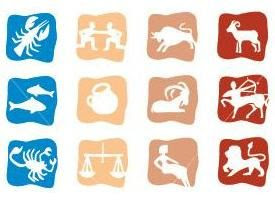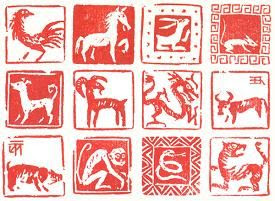


In the United States, supplementary course work is usually for students who are struggling with their normal school curriculum or span a few weeks in preparation for standardized entrance exams such as the ACT or SAT. Parents generally encourage their children to develop hobbies and interests outside of academics. Instead of cram schools, students regularly join extracurricular activities such as organized sport teams or common interest clubs. Many times, parents encourage adolescents to find part-time jobs more so for the experience than for financial reasons. Rather than solely a time for academic pursuit, Americans view college as a time for experimentation, self-discovery, and fun.
In Taiwan, the acquiring of “book knowledge” and the ability to succeed on standardized exams provide a means for upward mobilization – at least in the academic realm. Admission into a good high school, a good college, and a good graduate school are based on testing ability. In the United States, in addition to “book smarts,” students are encouraged to have “street smarts” or real life experiences outside of the classroom. In addition to grade point average (GPA) and standardized exam scores, college admission applications often ask for extracurricular interests, essays discussing personal experiences, and teacher recommendations. Elite colleges such as Yale, Harvard, and MIT include face to face interviews in their application process. Graduate school admission is much in the same fashion.
Ultimately, this difference in philosophy is due to differing views on the definition of intelligence and the proper skills needed to achieve success. In Taiwan, Confucius thought plays a large role in determining societal norms and educational philosophy. People in Taiwan generally place greater value on acquiring “book knowledge” than people in the United States. Parents constantly refer to their children's or other parent's children's college or class rank. “So-and-so's child ranked first in their class and goes to MIT!” Academic prowess garners respect for the child and parent. In the United States, students who may not achieve as high ranks in their class are not necessarily seen as lazy or under-achievers, but having talents other than academics. Parents brag about their children's achievements in areas ranging from academics, to sports, to social functions such as becoming class president or prom queen/king. As a result of these differing attitudes, the traits of a successful student are slightly different.
From my time abroad in Taiwan, I have come to appreciate the intricacies involving in the relationship between education and culture. A society's education and culture continually change with the advent of globalization and modernity, and they both influence the development of the other. The educational system in Taiwan is rapidly changing and developing along with Taiwan's dynamic culture. The educational system in Taiwan approaches an exciting turning point. Taiwan, a place where ideas and knowledge from around the world are consumed, is slowly transforming into a place where ideas and innovations emerge.
Submitted to Wasai Taiwan by: Sam Tsu
 For Expats For Expats | |
| |






No comments:
Post a Comment